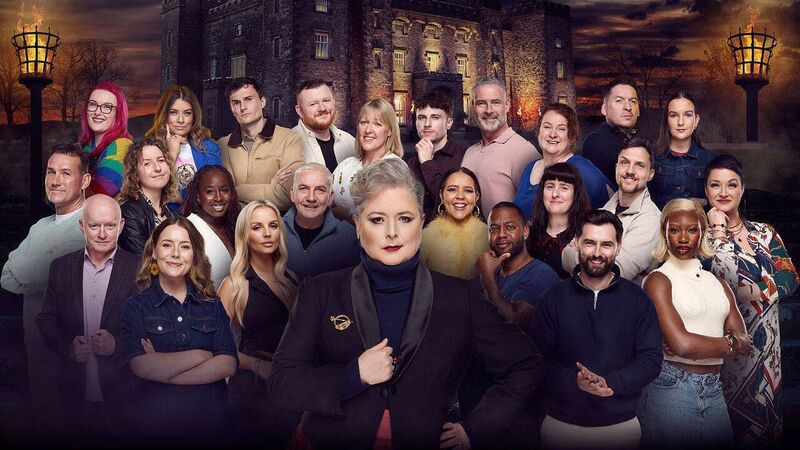Richard Hogan: Here's why watching people lying on Traitors Ireland is fascinating

‘Traitors Ireland’, presented by Siobhán McSweeney, centre, is a reality show of duplicity set in a castle and based on a Dutch programme.
It finally launched: The television show .






